A Royal Ponzi Scheme
Our priorities and judgment have become warped as we deify the rich and famous and neglect the meek. This is the trap of a capitalistic society.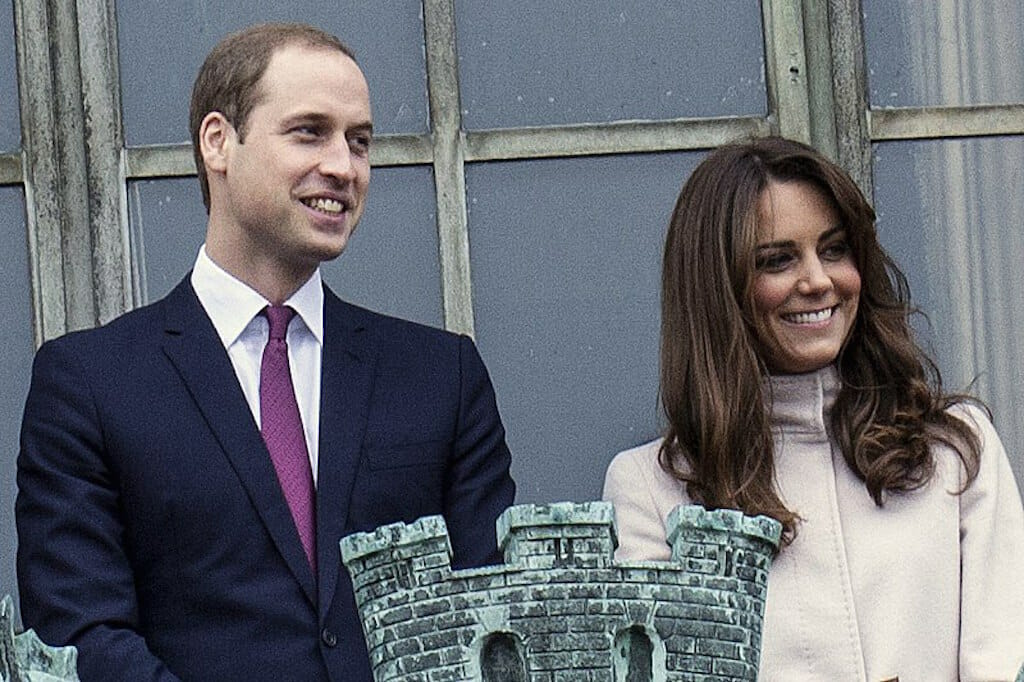 Prince William and Kate Middleton. (Punting Cambridge / Wikimedia)
Prince William and Kate Middleton. (Punting Cambridge / Wikimedia)
This article was first published on The Ghion Journal on April 25.
The departure and arrival of two social icons set the news ablaze this past weekend. The death of Barbara Bush and the birth of William Louis and Catherine Middleton’s third son created a feeding frenzy in mainstream and social media. Wall-to-wall coverage dedicated to two luminaries as more than 7 billion people who walk this earth took a back seat to America’s “first family” and England’s “royal family.” Millions in the United States mourned the death of a political matriarch while hundreds of millions more throughout the world celebrated the emergence of Buckingham’s new prince.
It was during these latest personality-driven clamors that I had an encounter with someone who was rendered invisible by a celebrity-obsessed public. As I was leaving the gym on Sunday, a disheveled young lady approached me with a mix of trepidation and anxiety. She spoke timidly with her voice full of anguish. Before she even started to speak, I knew she was going to ask for money. Yet something about her struck me, her pain was so overwhelming that I paused before I took countermeasures to evade her inquiry. Instead of shrugging my shoulders and telling her I have no money, I was moved to listen to her plea.
In her hand, she had an eviction notice. She pointed at the piece of crumpled paper frantically. With tears streaming down her face, she asked me to help her get something to eat. She started to tell me how she’s never begged before and that she was five months pregnant. At that exact moment, I told her that she did not have to explain anything to me. I gave her the money that I had and tried my hardest to lift her spirits. I told her about my own bout with homelessness and implored her to not give into hopelessness. She hugged me in tears and I hugged her back holding back my own–my past being manifested in the tribulation of a stranger.
I don’t write these things to advertise my small act of charity. In truth, I spent more paying my cell phone bill this weekend than the money I gave to a fellow human who was facing a bleak future. I’ve had the hardest time shaking my encounter with the distressed woman on Van Dorn Street in Alexandria. I keep wondering how she is going to navigate the next couple of months as she prepares to bring a child into the world. While society is too busy being transfixed on a prince an ocean away, a soon-to-be mother walks the streets of Northern Virginia looking to find shelter for a lesser prince the world will never know of—these things take on biblical overtones.
Each time I witnessed the pomp and circumstance lavished upon the rich and wealthy these past few days, it made me ponder how we treat the poor and needy. The gentry have it made. Already living in opulence that exactly none of us will ever experience, the excesses of the aristocracy is made innumerably greater by the way we elevate them to the level of gods and masters. Upon reflection, I realize why we deify the rich and famous as we neglect the meek who live with meager means. This is the trap of a capitalistic society.
Most of us are but one or two missed paychecks from joining the army of refugees who are stacking up in towns and cities throughout America. In a way, looking past the dispossessed becomes a form of self-preservation. Not only do we not want to feel helpless to change the woes of the world, we also don’t want to face our own uncertainties. Our penchant of discounting the plight of the poor is exacerbated by the need too many of us have to fawn over the fortunes of the gentry. We glom on to the well-to-do because we too want to be wealthy. The status quo remains fixed because the working and middle class are fed the illusion of one day joining the 1 percent while we’re simultaneously conditioned to fear poverty.
Our priorities and our judgment have become victims of this warped reality show we have morphed into. Politics, economics and social conversations are being driven by abundance for the few while the rest of us are nose deep in either financial insolvency or beset by pervasive anxieties. Just a few months ago, a $1.5 trillion tax bill was championed by Trump and his fellow Republicans that transferred even more wealth to the uber privileged after the same moneyed interests were showered with riches by Obama and his fellow Democrats. Meanwhile, we keep being told that there is not enough to take care of the rest of us. We are asked to tighten our belts so the rich can feed like swine at the trough of injustice. Sadly, we keep accepting these outrageous iniquities as we insist on bowing before high society.
The Waltons are worth over $135 billion, yet the average full-time worker at Walmart is hovering at the poverty line. Walmart make fortunes for institutional investors in large part because they field a mega-labor force that is dependent on government assistance to subsidize their incomes. Jeff Bezos is the richest man on earth for the same reason. Predatory capitalism is eradicating small businesses and locally based entrepreneurs in order to feed the maniacal greed of the oligarchy. Corporations are racing to the bottom when it comes to our wages while sky high is the potential for the bourgeoisie and the wealthy. Instead of resisting this level of gluttony and consolidated power, we empower the plutocracy by offering them our backs to build their empires. The world has become a Ponzi scheme. The bottom 99 percent are the base, and the 1 percent have become the neo-pharaohs.
The kingdom of Kemet built pyramids that even modern science has not been able to emulate. However, the great towers of Giza pale compared to the towers we make of men and women in our time. Our addiction to the lifestyles of the affluent has become a form of self-medication. We talk incessantly about the “elites” in the mistaken belief that their status makes them more valuable than the rest of humanity. But in the end, our ego is the problem. Helping the poor is not nearly as boastworthy as having a picture taken next to a cultural idol. If only kindness instead of indulgence was the moral compass of the world, we would stop being fixated on the rich—the virtue of giving would supersede the vice of taking.
Yet in the end, the world breaks even. While the nobility, with their unimaginable wealth, have a hard time satiating their avarice and insist on getting more regardless of the riches they already own, the poor are thankful for the little they are given. Perhaps it is time to stop worshiping people who breath and bleed just like us. After all, royalty is not about crowns and titles. True royalty is measured through unselfish giving and kindness. While the rich give a fraction of their wealth as a way to elevate their Q ratings and claim charity on their taxes, the poor share their limited resources and are thankful for the little they are given.
This system of capital greed is not sustainable. A tower built on the premise of perpetual growth will one day fall upon itself. The era of individual edacity will eventually give way to a spirit of community and cooperation. When that time arrives, the meek shall truly inherit the earth.
Your support matters…Independent journalism is under threat and overshadowed by heavily funded mainstream media.
You can help level the playing field. Become a member.
Your tax-deductible contribution keeps us digging beneath the headlines to give you thought-provoking, investigative reporting and analysis that unearths what's really happening- without compromise.
Give today to support our courageous, independent journalists.


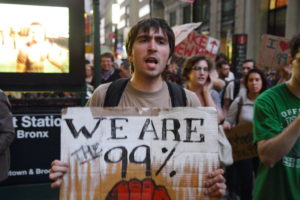
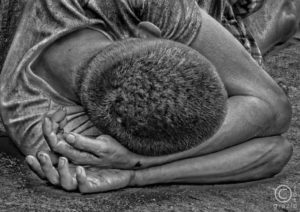
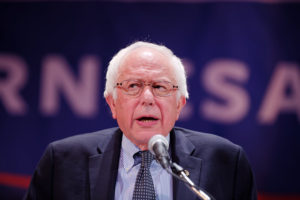
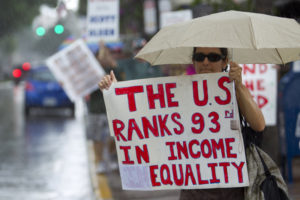
You need to be a supporter to comment.
There are currently no responses to this article.
Be the first to respond.